B.k. The Writer of BLACK Starline News and Oliver of Marlborough Community Center just Completed an Excellent Black History Presentation at Martin Luther King Jr. Elementary. Teaching our children Real History to build their Confidence.!


B.k. The Writer of BLACK Starline News and Oliver of Marlborough Community Center just Completed an Excellent Black History Presentation at Martin Luther King Jr. Elementary. Teaching our children Real History to build their Confidence.!


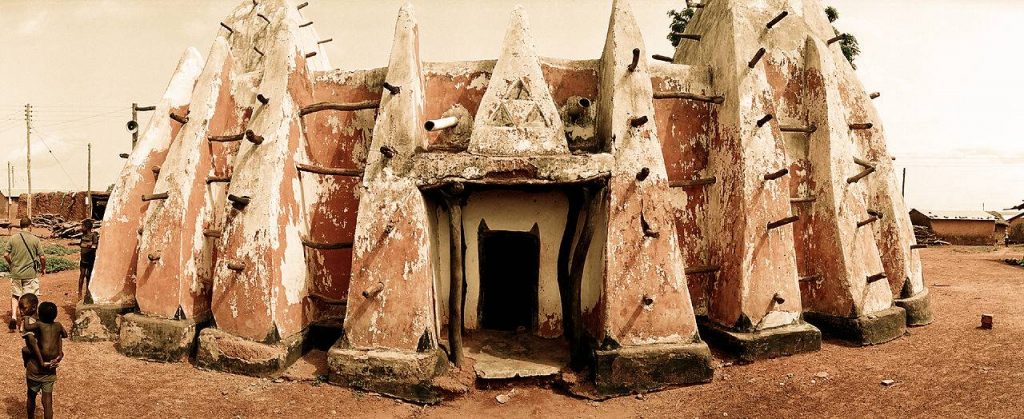
300 A.D.- 1100 A.D.
Written By: B.K. The Writer
Ase! Welcome to the Land of Hidden Treasures that was once referred to by Arab traders as “Bilad Al- Sudan,” which means “The Land of the Blacks.” We descend from the Mande ethnic group called the Sonnike. The world has ignorantly known us as the The Ghana Empire but that name was given to us by Arab Traders. We called ourselves The Wagadu. Wagadu means Land of Great Herds. Before we were dispersed through the four corners of the earth, by the way of slave ships; Africa was our homeland. Now that we are back in the land of our fathers, let’s explore our land which is filled with many treasures.
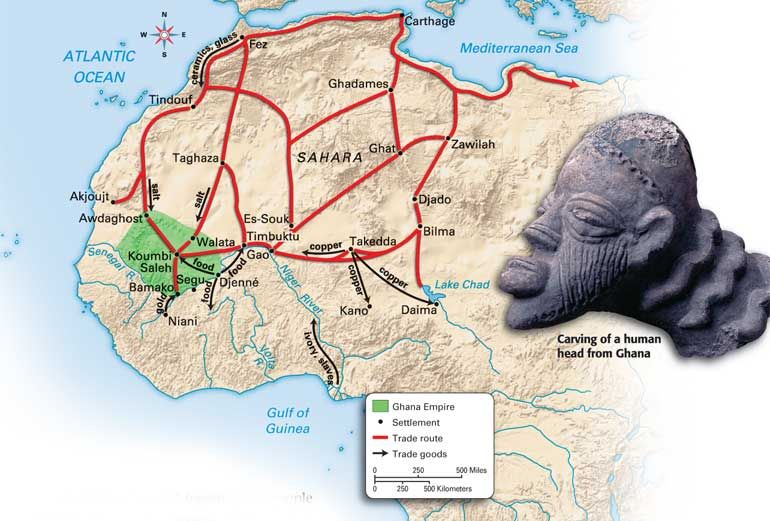
The Wagadu Empire is located far inland from the Atlantic coast of West Africa. Our Kingdom sits between the Niger River and the Senegal River. We are located between the present borders of Mauritania, Mali, and Senegal. As we travel on horseback, we have entered the city of El Ghaba. El Ghaba has a population of 50,000 people, which was the largest in the world at that time. Within our city, our Ghana resides. Ghana is the royal title of our Kings. Ghana means War Chief or Warrior King. Our Ghana also carried more notable titles such as Kayamaga which is Hebrew for Master of Gold or King of Gold. You may have heard the intriguing stories told by our Griots (GREE-ohs) about our Ghana. Our Griots were considered historians, the keepers of memories in ancient times. These Griots passed down Sonninke oral history from one generation to the next. The intriguing stories that these Griots revealed were unbelievable! The Arab Traders also shared the same accounts as the Sonnike Griots. They both documented “There is the kingdom of Ghana. The King is mighty and his lands are gold mines. Under his authority are various other kingdoms– and in all of this region there is gold”— al Ya’Qubi’, a 10th century geographer.
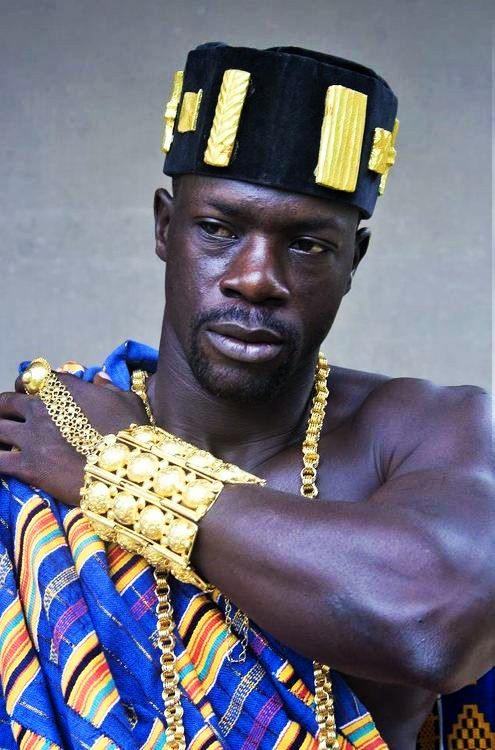
Al- Bakri was a Muslim geographer who documented the history of the Sahara from merchants and other visitors. He states “The King Adorns himself like a woman (wearing necklaces) around his neck and (bracelets) on his forearm. He wears a high cap decorated with gold and wrapped in a turban of fine linen. He sits in a domed pavilion where his 10 horses are covered with gold-embroidered materials. At the door of the pavilion are dogs of an excellent pedigree, who hardly ever leave the place where the king is, guarding him. Round their necks, they wear collars of gold and silver, studded with a number of balls of the same metals.” Our Empire at one point of time flowed in excessive wealth.
The last Ghana of The Wagadu Empire was The Ghana “Tunka Manin.” This Ghana has been described as a lover of justice by historians. He is most revered because of his involvement within local communities, dealing with resolving disputes amongst the people, and passing laws that benefited the community. The powerful Ghana of The Wagadu protected his Kingdom with an army that consisted of over 200,000 fearsome warriors! This African Military was the largest in the world at that time and consisted of 40,000 renown archers. This Empire was so wealthy even the military soldiers’ shields and swords were decorated with gold. This Ghana’s magnificent palace is inside the city of El Ghaba. The Ghana’s palace is surrounded by beautiful dome buildings. The Ghana’s palace and the city is protected by a stone wall. This stone wall is equivalent to Tata of Sikasso, which was the wall built to protect the Mali Empire that succeeded Ghana. This wall was so robust that it was able to sustain attacks by the most prominent conquerors in history. As we continue to walk deeper into the city, you will notice our various business districts. Muslim traders’ journey for months from the outskirts of North Africa, through the blistering sands of the Sahel desert for trade. Our Empire controlled the world’s biggest bartering (trade) system at that time. Our regions two main sources of trade included Gold and Salt.
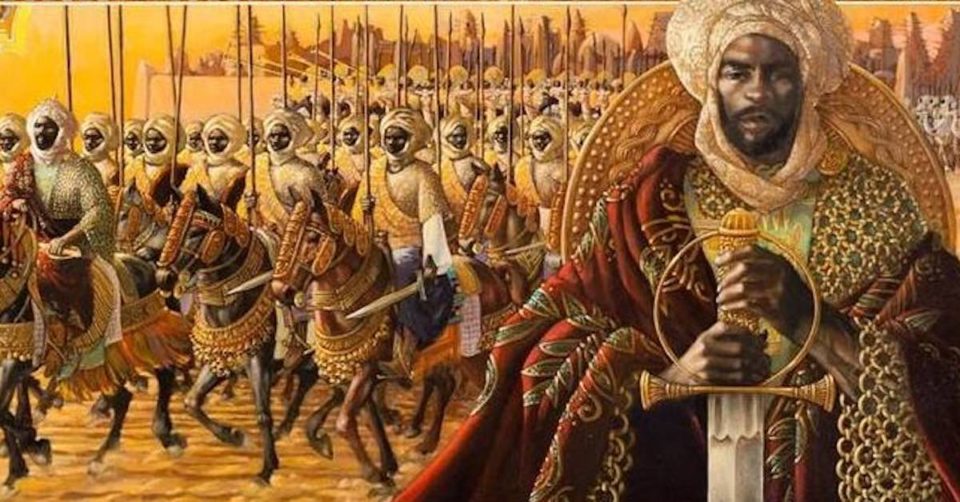
There were a few reasons why The Wagadu Empire fell and never regained their status. One reason is their Arab partners who they traded with declared war against them which severely weakened their empire. Territories that were once vassal states became independent. The 2nd reason is the climate dried up causing a drought for many years. Farmers were not able to grow food and a lack of water affected the gold deposits that were the main source of their trade. The Ghana/Wagadu Empire was the first Greatest Empire to rise out of the Western Sudan.
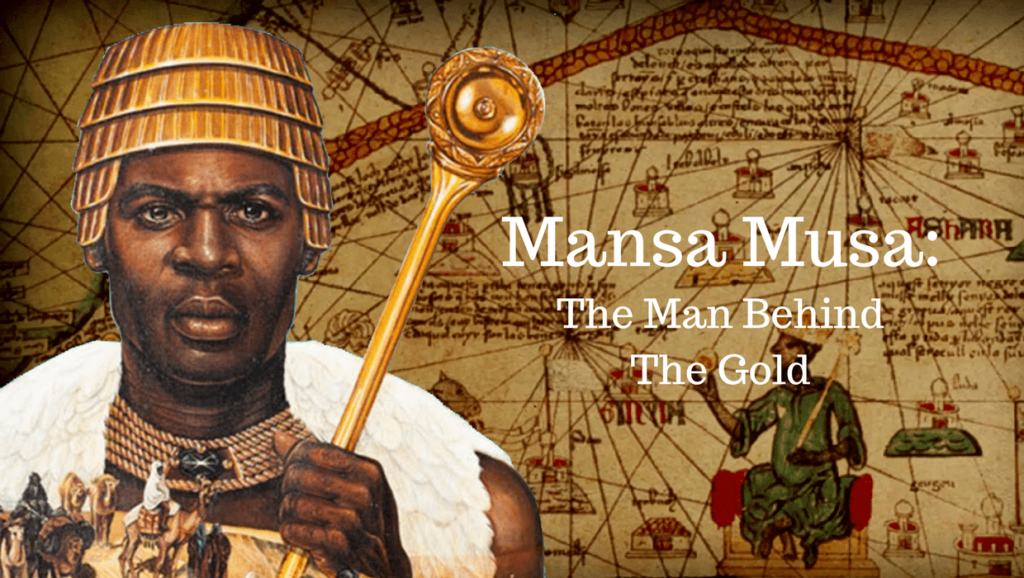
Fun Facts:
Reference
Patricia and Fredrick McKissack, 1995, The Royal Kingdoms of Ghana,Mali, And Songhay, Henry Holt and Company
David Conrad, 2009, Great Empires of the Past Empires Of Medieval West Africa, Facts on File Inc, /DBA Infobase Publishing
Rudolph R Windsor, 2006, From Babylon to Timbuktu, Windsor Golden Series